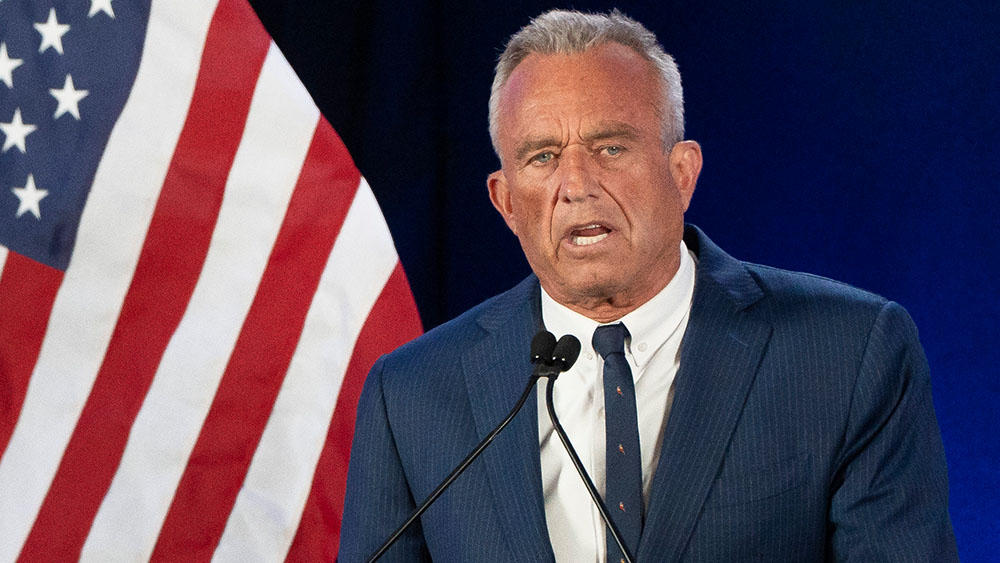
These groups have declared that facial recognition technology (FRT) is an "immediate threat" to New Yorkers" safety and civil rights.
In a memo of support for two pending state bills 1014-2023 and 1024-2023, "Ban the Scan" advocates pointed out that biometric technology, including facial recognition, can be "biased, error-prone and harmful."
With the advancement of facial recognition technology, here are some of the main privacy and security concerns that can't just be ignored.
Barriers to cybercrime are low
Greater complexity and interdependence among security systems give cybercriminals more opportunity for widespread global damage, according to cybersecurity industry experts.
No security system is airtight and this alone can make biometric databases, including facial recognition records an extremely attractive target for tech-savvy hackers looking to exploit invaluable information.
"Now the barriers to cybercrime entry are low and cybercrime is becoming a service. Moreover, unlike in the past, more nation-states are entering the cybercrime arena. And that to me is concerning in itself," said Kevin Mandia, CEO of intelligence-led security company FireEye.
Outright violation of data privacy laws – from the collection, improper storage and mishandling of facial recognition and other biometric data – leads to the decline or complete loss of public trust and confidence in both government agencies and private companies that use these technologies.
Collected facial recognition data could be misused
Facial recognition is not immune to conscious or unconscious judgmental bias that leads to discrimination and wrongful convictions against certain groups.
While faces are becoming easier to capture even from remote distances and are cheaper to collect and store with today's tech advancements, faces cannot be "encrypted" unlike many other forms of data, according to information systems/information technology (IS/IT) professionals at the Information Systems Audit and Control Association (ISACA).
Facial recognition data breaches increase the potential for harassment, identity theft, stalking, surveillance and monitoring.
Data collection could infringe on individual privacy
The collection of data through the use of facial recognition technology can be done without a person's consent or knowledge – a clear infringement of a person's freedom and privacy. (Related: FBI has been testing facial recognition software on Americans for YEARS without their knowledge or consent.)
The accuracy and bias of data and algorithms are another privacy risk as facial recognition and biometrics are not completely error-free. Some have produced false negatives, false positives or misidentifications.
Because of its infallibility, any person can be wrongly accused of a crime, offense or violation; denied access to essential services or discriminated against age, gender or race – evidenced by a study published in the journal Cognitive Science that exposed error rates across demographic groups – with the poorest accuracy consistently found in subjects who were Black, female and between 18 to 30 years old.
A research article published in the Harvard Journal of Law & Technology explained why racial bias is prevalent in facial recognition technology. It listed three distinct factors that drive racially disparate results: the lack of diversity and representation in the training data and algorithms; human selection of facial features; and image quality issues.
This was confirmed by the National Institute of Standards and Technology (NIST) study that tried out 189 facial recognition algorithms submitted by 99 major surveillance tech developers with 18.27 million images.
Researchers found that many of these algorithms are between "10 up to 100 times more likely to misidentify a Black, East Asian and Native American face than a white."
Facial recognition could infringe on freedom of speech and association
Self-censorship, suppression of dissent and associated chills are just three reasons why uncontrolled use of facial recognition technology can take away or limit someone's rights to freedom of speech and association.
"The fear and uncertainty generated by surveillance inhibit activity more than any action by the police, and if you feel you're being watched, you self-police, and this pushes people out of the public space," said Joshua Franco, a senior research advisor and the deputy director of Amnesty Tech at Amnesty International.
Visit PrivacyWatch.news for more stories like this.
Watch this video about state surveillance being exposed.
This video is from the Planet Zedta channel on Brighteon.com.
More related stories:
TSA’s use of FACIAL RECOGNITION tech in US airports rouses privacy concerns.
Fairway grocers in NYC now using facial recognition to profile customers.
Amazon now requiring marketplace sellers to submit video for a facial recognition database.
Fashion company creating clothing line that shields people from AI facial recognition technology.
Sources include:
Please contact us for more information.





















